
Green Tech Solution is developing a recycling facility in Blacksburg, S.C.
A Chinese investment firm is planning a $75 million recycling plant to process scrap plastics, electronics and other materials.

Green Tech Solution is developing a recycling facility in Blacksburg, S.C.
A Chinese investment firm is planning a $75 million recycling plant to process scrap plastics, electronics and other materials.
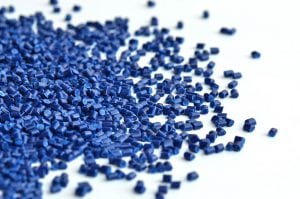 A Chinese company will open a plastics recycling facility in Georgia, the latest instance in a growing trend of Chinese investment in North American processing infrastructure.
A Chinese company will open a plastics recycling facility in Georgia, the latest instance in a growing trend of Chinese investment in North American processing infrastructure.
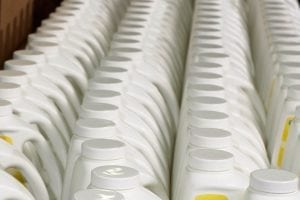 Researchers have calculated substantial upsides from making products out of recycled PET, HDPE and PP instead of prime plastics.
Researchers have calculated substantial upsides from making products out of recycled PET, HDPE and PP instead of prime plastics.
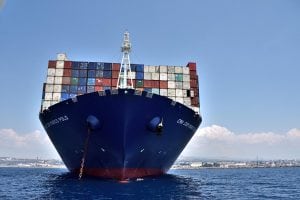 To keep up with the top export destinations for U.S.-sourced recyclables, Resource Recycling examined the latest shipping data from the U.S. Department of Commerce.
To keep up with the top export destinations for U.S.-sourced recyclables, Resource Recycling examined the latest shipping data from the U.S. Department of Commerce.
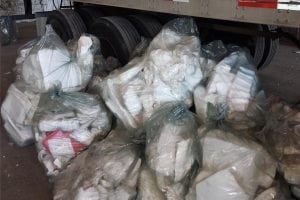 Canada’s largest city conducted a pilot project last year to find a consistent outlet for densified foam polystyrene. The effort reached a clear conclusion, but it wasn’t good news.
Canada’s largest city conducted a pilot project last year to find a consistent outlet for densified foam polystyrene. The effort reached a clear conclusion, but it wasn’t good news.
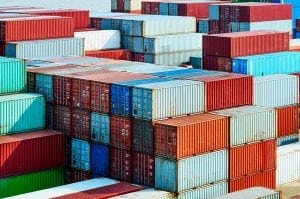 The Malaysian and Vietnamese governments have followed through on plans to clamp down on recycled material shipments. Both countries have stopped issuing new import permits for certain materials.
The Malaysian and Vietnamese governments have followed through on plans to clamp down on recycled material shipments. Both countries have stopped issuing new import permits for certain materials.
 A major southwest city is looking to develop a facility that will process the city’s mixed plastics stream through plastics-to-fuel or mechanical recycling. It has received three proposals.
A major southwest city is looking to develop a facility that will process the city’s mixed plastics stream through plastics-to-fuel or mechanical recycling. It has received three proposals.
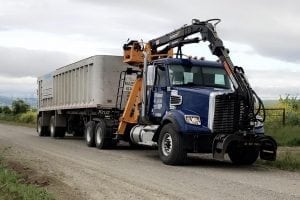 An agricultural plastics collection company has expanded substantially in the past year, opening a processing facility in California and growing its collection volumes across the Midwest.
An agricultural plastics collection company has expanded substantially in the past year, opening a processing facility in California and growing its collection volumes across the Midwest.
As a nation, we’re doing a pretty good job collecting plastic bags and wraps for recycling. But we need to do a much better job creating demand for this recycled plastic film.
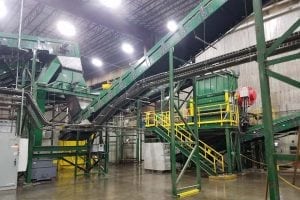
The Philadelphia MSW and recyclables sorting facility operated by Continuus Energy.
Markets for mixed paper and plastics have been hard hit by China’s import restrictions. Now, a Texas company is working to develop a new domestic one: paper-plastic building panels.

